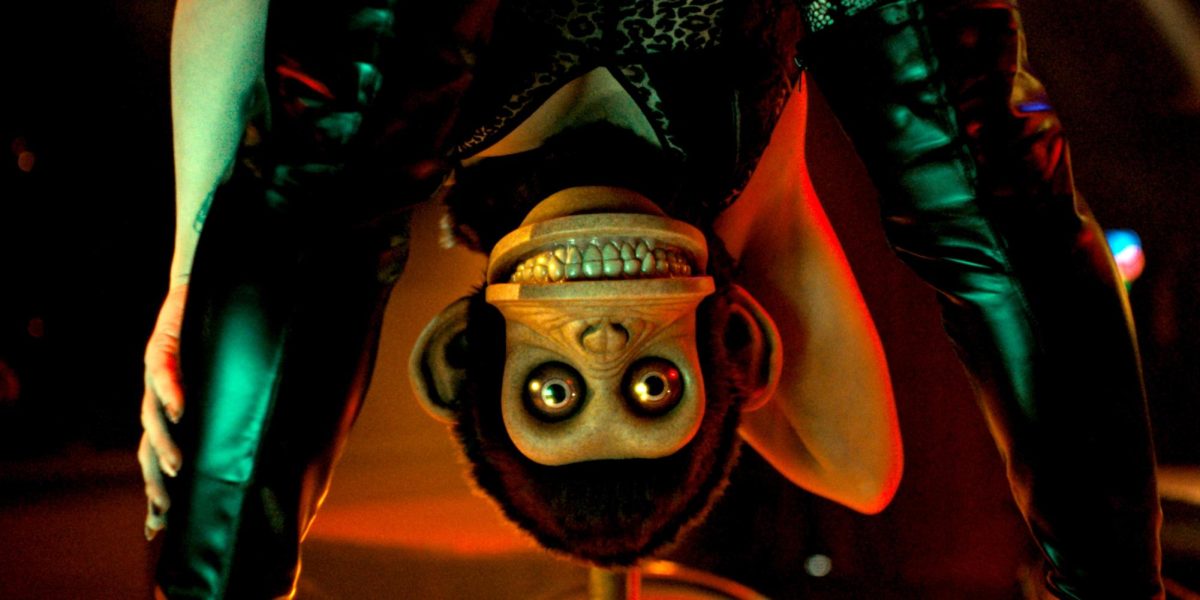Music pulses from loudspeakers as partygoers writhe and sweat, emboldened by the riotous atmosphere. A mariachi band plays, exotic dancers perform encased in glass and a large, glittery washed-up TV star emerges from a waist-high miniature of the Roman Colosseum. This ostentatious display of revelry is the birthday party of an aging Jep Gambardella (Toni Servillo), a snapshot of his life at 65 years old: shallow and decadent.
In “The Great Beauty,” directed by Paolo Sorrentino, Jep receives news of the death of his first love, which prompts him to find purpose within his stale, repetitive lifestyle. Jep is a journalist and one-time novelist of substantial wealth and acclaim, made popular within the social circles of Rome’s upper echelons through his extravagant parties and intelligent though jaded verbal repartee. The self-proclaimed “king of Rome’s nightlife” begins to feel jarringly old, discontent after years of doing nothing and going nowhere. Out of brimming nostalgia, he visits Egidio (Massimo De Francovich), an old friend and manager of a gentlemen’s club, where he is introduced to Egidio’s daughter Ramona (Sabrina Ferilli). This 40-something woman insists on stripping despite her age for the thrill and the money, so her father begs Jep to find her a well-to-do husband. She is intriguing to Jep, plainspoken and separate from the ugly wastefulness of his own life, and their ill-fated romance finally brings him happiness. However, its demise forces Jep to continue his philosophical deliberation as the increasing acknowledgement of his own mortality threatens to break him, for better or for worse.
Sorrentino’s direction is praiseworthy. His ambitious creative style successfully recreates the lustful grandeur of the Italian capital while simultaneously managing to evoke empathy for the tragic banality of its meandering inhabitants. Sorrentino is a maestro of sorts, orchestrating the execution of both Jep’s observations and various connecting narratives, allowing viewers to experience the clamor and scandal of Rome from more than one vantage point. In addition to exploring Jep’s personal relationships and memories, Sorrentino introduces viewers to an assortment of characters: a magician who can make a giraffe disappear, a cardinal in line for the papacy who can’t stop talking about his favorite dinner recipes, and Jep’s confidante and editor, Dadina (Giovanna Vignola), an unabashed blue-haired dwarf, among other memorable surprises. With so many personalities, the film could easily fail to maintain any substance. However, Sorrentino does not disappoint, managing to convey emotional depth without sacrificing coherence.
With the aid of seasoned cinematographer Luca Bigazzi, Sorrentino delivers a triumph of sensory experiences. Sweeping tracking shots and other graceful camera movements create an unorthodox point of view, switching between Jep’s perspective and that of an omniscient observer. Viewers are subjected to many performances on many stages: the violent painting of a mural by an unhappily exploited youth, the societal spectacle at the proceedings of a funeral and even the quick-fix procedures a surgeon performs on the wrinkling citizens of Rome bears public witness. These often flashy, dramatized scenarios are juxtaposed with fleeting images of everyday life, bringing relevance to both the extraordinary and the commonplace by catering to a voyeuristic audience.
This visual journey is complemented by a cacophony of sound. A cappella choir music and a lonely piano melody seem at odds with the recurring bass of heady, electronic dance music, while shrieking laughter, crazed screams, sighs of mesmerized party guests and sounds of the swaying ocean help create the atmosphere of Sorrentino’s marvelous, deteriorating world — Jep’s world.
“The Great Beauty” is a poignant film of vibrant, lingering imagery that will inspire an imaginative appreciation for the simplicities of life.
















